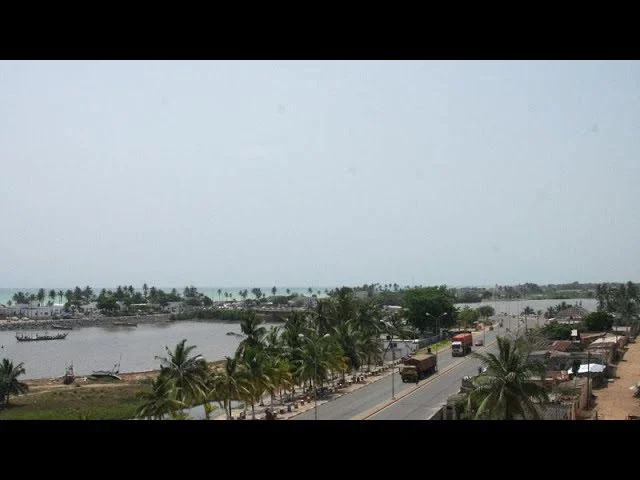Along Benin’s Atlantic coast, homes and businesses are facing significant challenges due to coastal erosion, with experts estimating a loss of approximately 30 meters of coastline each year. This alarming trend is primarily attributed to climate change and rising sea levels, which have heightened the vulnerability of the region.
Despite the government’s substantial investments, amounting to nearly $160 million, aimed at protecting coastal communities from the encroaching sea, the effectiveness of these measures has been questioned. Fisherman Raymond Mekpé recalls the coastline of his childhood, lamenting the loss of family homes and recreational spaces now submerged under the waves. He attributes part of the problem to a lack of monitoring and maintenance of coastal defenses.
To combat the issue, the government has constructed 13 protective structures along the beaches, especially near Cotonou, the country’s largest city. Esquill Outiclissou, an executive at the government’s general directorate of environment and climate, mentions that the strategy is being implemented segment by segment based on a comprehensive investment and attack plan. Ongoing assessments are conducted to identify vulnerable areas for future intervention.
However, oceanographer Cossi Georges Degbe cautions that merely placing protective structures in specific locations may not suffice, as it could lead to shifting the problem rather than resolving it. He points out that extreme weather events are becoming more frequent, with high waves further eroding the coast.
The issue of coastal erosion is not limited to Benin but is a pressing concern across West Africa and globally. It is anticipated to be a significant topic at the upcoming COP28 climate change conference in Dubai this December, highlighting the urgent need for collaborative efforts to address the challenges posed by climate change and coastal degradation























